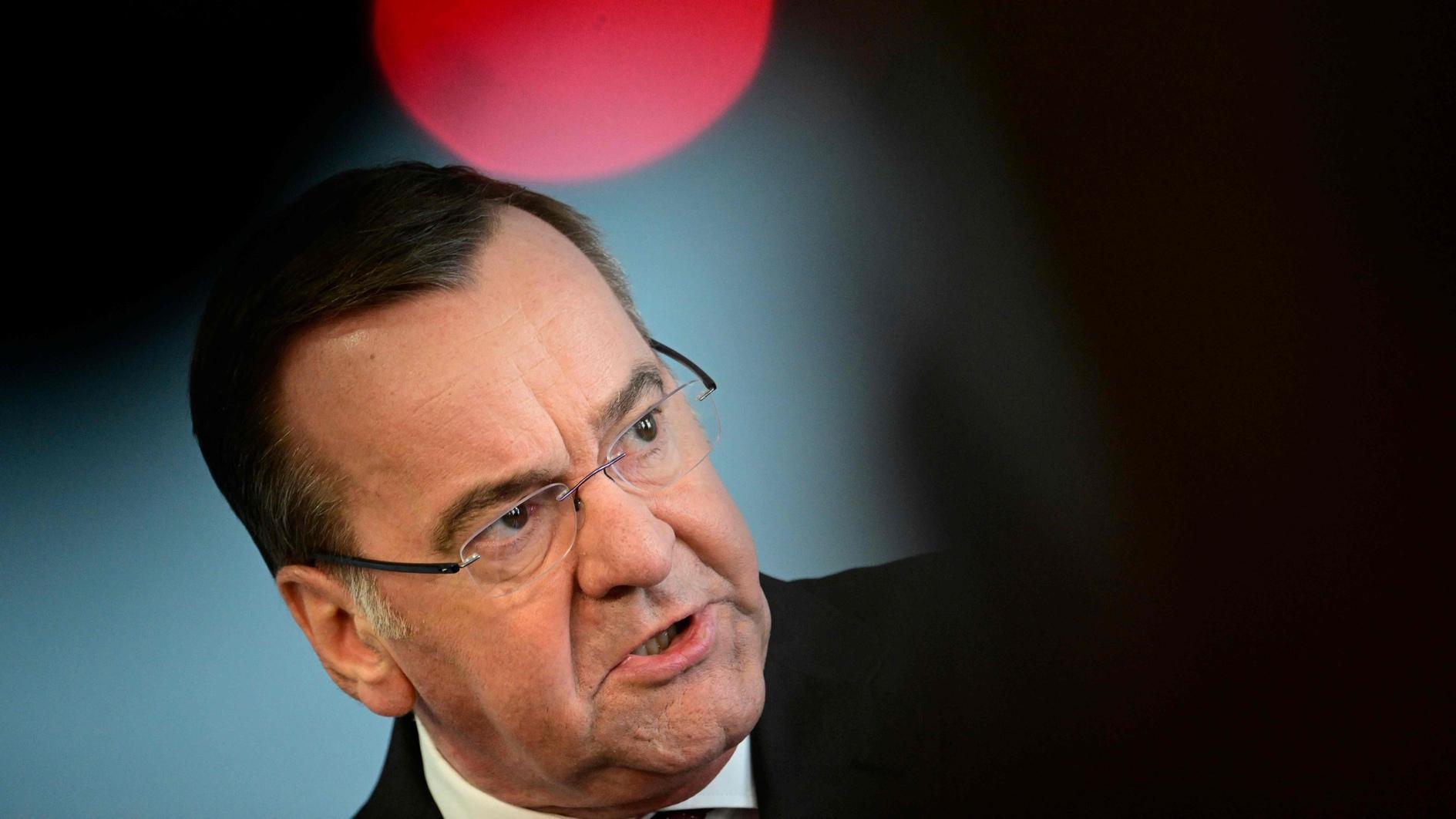
Germany sought Tuesday to downplay an audio leak of senior military personnel discussing the war in Ukraine, blaming individual error and stressing that Berlin still had the trust of allies.
A 38-minute recording of the talks, in which the officers debated the possible use of German-made Taurus missiles by Ukraine, was posted online late Friday on Russian social media.
"A serious mistake happened here that should not have happened," Defense Minister Boris Pistorius told a press conference.
The initial results of a probe showed the German army's "communications systems are not and were not compromised", the minister said.
"The reason the phone call could still be recorded... is due to an individual user error," he said.
One of the participants, who was attending the Singapore Airshow, had dialled into the meeting via an "unauthorised connection" leading to the intercept, Pistorius said.
With several senior military officials in attendance at the show from different countries, the event would have been a "field day" for Russian intelligence, he said.
The hotels used by attendees would be targeted by "widespread wiretapping efforts", he added.
The succesful interception of the German military call was therefore a "random hit in the scope of a broad-based approach", Pistorius said.
For now, "personal consequences are not on the table" following the leak, he said.
"I will not sacrifice my best officers to (Russian President Vladimir) Putin's game."
Pistorius said he had telephoned allies over the leak and was reassured that their "trust in Germany is unbroken".
"Everyone knows about the danger of such wiretapping attacks and knows that no one can offer 100 percent protection."
Germany has been under pressure to send Taurus missiles to Ukraine in response to urgent calls from Kiev, copying French and British moves to send their own long-range weapons systems.
Chancellor Olaf Scholz has however declined to approve the deliveries, fearing it could draw Germany into the war.